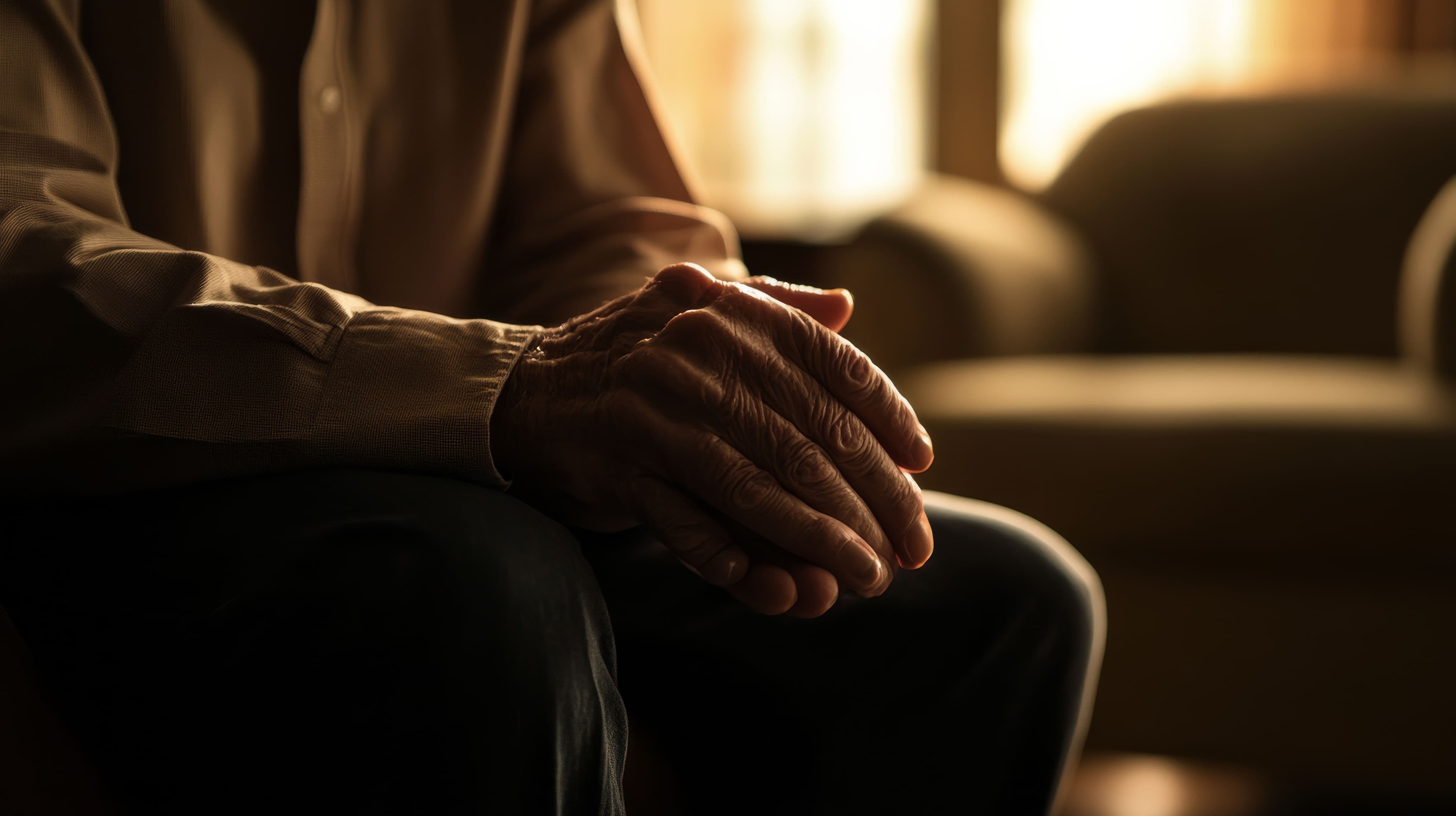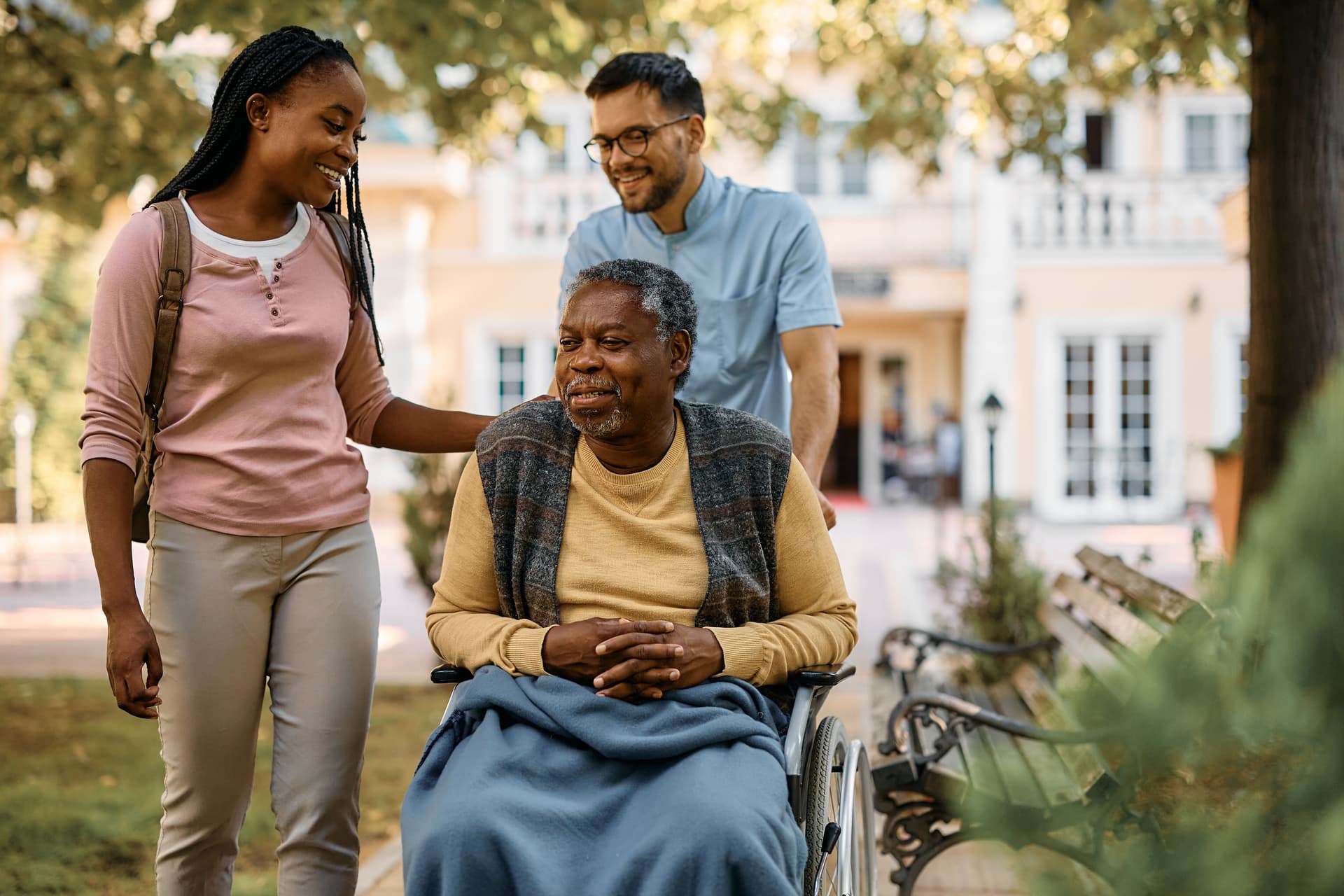
Nursing home abuse and neglect put vulnerable residents at serious risk, leading to malnutrition, dehydration, infections, and preventable injuries. When facilities fail to provide adequate care, residents suffer, and families are left feeling helpless. Lack of supervision, improper medical treatment, and unsafe conditions can result in devastating harm. Understanding the warning signs, knowing your legal rights, and holding negligent facilities accountable are crucial steps in protecting your loved ones. Learn how to take action and seek justice.
October 15, 2025
3 min
For many families, placing a loved one in a nursing home is one of the hardest decisions they’ll ever make. It comes with trust—trust that caregivers will provide safety, compassion, and respect. Sadly, that trust is too often broken. Elder abuse in nursing homes is a serious and growing problem, affecting thousands of seniors every year.
Abuse can take many forms—some visible, others deeply hidden. Families who know how to recognize the warning signs and understand how to report them are far better equipped to protect their loved ones. This guide explains the different types of elder abuse, how to spot the signs, and what legal options exist for holding nursing homes accountable.
Elder abuse in nursing homes occurs when staff, administrators, or even other residents cause harm—intentionally or through neglect. It includes physical, emotional, sexual, and financial abuse, as well as neglect and abandonment.
In many cases, abuse goes unreported. Victims may be afraid, embarrassed, or unable to communicate what’s happening. This makes vigilance by families absolutely essential. Recognizing the different types of abuse is the first step toward prevention.
This includes any intentional act that causes bodily harm or pain. Common examples are hitting, pushing, slapping, improper restraint, or force-feeding.
Warning signs:
Emotional abuse occurs when staff members use words or actions to cause distress or humiliation. This can be just as damaging as physical harm.
Warning signs:
Any unwanted or inappropriate sexual contact constitutes abuse. It can occur between staff and residents or between residents when the facility fails to supervise properly.
Warning signs:
Neglect happens when staff fail to provide adequate food, hydration, hygiene, or medical attention. It’s one of the most common forms of abuse in understaffed facilities.
Warning signs:
Elderly residents are especially vulnerable to financial abuse. Caregivers may steal money, misuse credit cards, or manipulate residents into changing wills or contracts.
Warning signs:
Most cases of elder abuse in nursing homes can be traced to systemic failures within the facility. Common causes include:
When profit is prioritized over care, residents pay the price. Nursing homes have a legal duty to protect residents from harm—and when they fail, they can be held liable.
The signs of abuse are not always obvious, and many victims cannot speak up. Families must stay alert and proactive. Some practical steps include:

Reporting elder abuse is not just a right—it’s a moral duty. Families who suspect mistreatment should act immediately. Here’s how to proceed:
Start by notifying the nursing home administrator or director of nursing. Federal law requires facilities to investigate and respond to all complaints. Request written documentation of your report.
Every state has a long-term care ombudsman program that advocates for residents’ rights. Ombudsmen can investigate complaints, mediate with the facility, and refer cases to appropriate authorities.
Each state’s Department of Health or licensing agency oversees nursing homes. You can file a formal complaint that may lead to inspections or penalties for the facility.
APS handles cases involving elder abuse and neglect. They can investigate independently and coordinate with law enforcement if necessary.
If you believe a crime—such as assault, theft, or sexual abuse—has occurred, contact the police immediately. Criminal charges may apply.
An experienced nursing home abuse attorney can help gather evidence, protect your loved one’s rights, and pursue compensation for injuries and suffering.
Under both federal and state law, nursing homes must protect residents from all forms of abuse and neglect. This includes:
When a facility fails to meet these duties, it can face civil lawsuits, regulatory penalties, and even criminal prosecution. Families can seek compensation for medical expenses, pain and suffering, emotional distress, and in severe cases, wrongful death.
Prevention is as important as accountability. Families can take proactive steps to minimize risk:
Attorney Michael Hill has dedicated his career to advocating for elderly victims of nursing home abuse. His work focuses on uncovering the truth behind abuse, negligence, and systemic failures in long-term care facilities.
When families turn to Michael Hill, he helps them:
Michael’s approach blends compassion for families with an unwavering commitment to justice. He ensures that victims are heard, abusers are held accountable, and future abuse is prevented through stronger standards of care.
Elder abuse in nursing homes is one of the most heartbreaking violations of trust imaginable. Families who entrust their loved ones to a facility should never have to fear that neglect or cruelty will replace care and compassion.
Recognizing the signs early—and knowing how to act—can make the difference between ongoing harm and justice.
If you suspect that your loved one is suffering from abuse or neglect in a nursing home, you do not have to face the situation alone. Attorney Michael Hill is dedicated to protecting the rights of seniors, holding negligent facilities accountable, and helping families find the answers and justice they deserve.